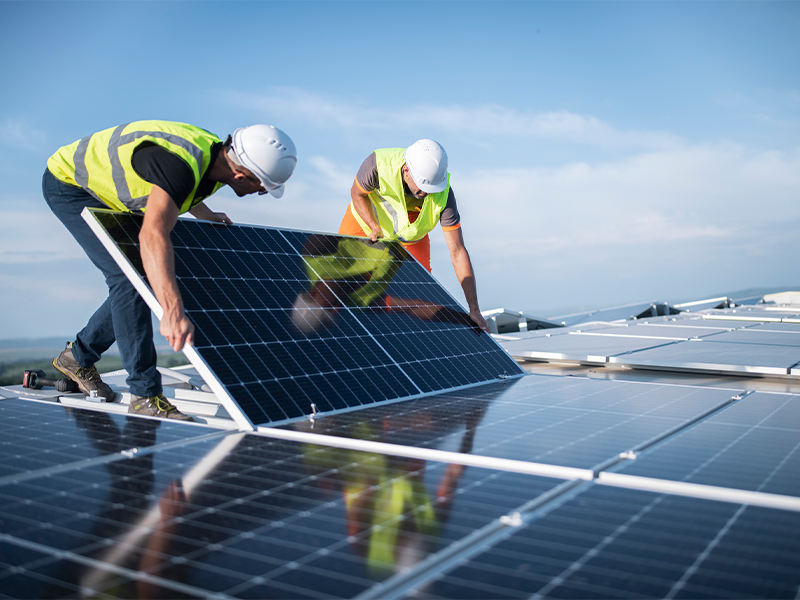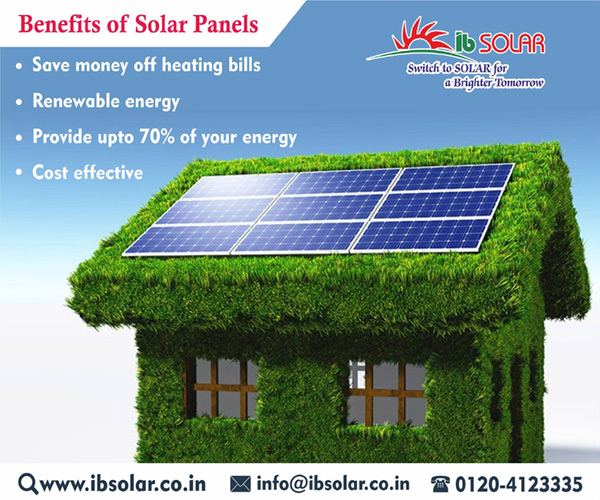Cut Down Energy Bills with Simply Solar Illinois – Explore Your Choices
Cut Down Energy Bills with Simply Solar Illinois – Explore Your Choices
Blog Article
Solar Energy 101: A Novice's Overview to Sustainable Power Solutions
As the world increasingly shifts in the direction of sustainable energy remedies, understanding the principles of solar energy comes to be essential for both people and companies. This overview provides a detailed review of solar power, describing the different systems offered and the systems behind their operation. By exploring the advantages of solar modern technology, along with the financial motivations and installment processes, one can gain a clearer perspective on how to successfully integrate this renewable energy right into their power strategy. The journey towards adopting solar power welcomes more evaluation of the obstacles and factors to consider that come with it.
Comprehending Solar Power
At its core, recognizing solar power entails understanding the basic concepts of exactly how sunlight can be transformed into useful power. Solar power is derived from the sunlight's radiation, which can be used through various modern technologies.

Understanding solar energy additionally includes acknowledging its environmental advantages. By using sunlight, we can alleviate greenhouse gas discharges and lower air pollution, adding to an extra lasting future. The developments in technology and effectiveness of planetary systems proceed to enhance their feasibility, making solar power a significantly appealing choice for worldwide energy requirements.
Types of Solar Energy Systems
Various kinds of solar power systems are generally utilized to harness solar power for electrical energy generation. The primary groups consist of solar (PV) systems, focusing solar energy (CSP) systems, and solar thermal systems.
Photovoltaic or pv systems use solar panels made up of silicon cells that convert sunshine directly right into electrical power. These systems are versatile and can be mounted on rooftops, ground installs, or integrated into structure materials.
Focusing Solar energy systems, on the other hand, employ mirrors or lenses to concentrate sunlight onto a tiny area, generating warmth that drives a vapor turbine to create electrical energy - Simply Solar Illinois. CSP systems are generally released in large-scale nuclear power plant and need direct sunshine, making them much less ideal for over cast areas

Each kind of solar energy system has its unique qualities, applications, and suitability depending upon geographical location, power requirements, and spending plan, making it read important to evaluate options based upon certain scenarios. - Simply Solar Illinois

Benefits of Solar Energy
Using solar energy through different systems not only supplies a sustainable way to produce electrical energy yet also uses a wide variety of advantages. Among the most considerable benefits is the decrease in greenhouse gas exhausts, contributing to a cleaner atmosphere and combating climate change. Solar power is renewable, indicating it is infinite and offered as long as the sunlight radiates, unlike nonrenewable fuel sources, which are limited and diminishing.
In addition, solar power can bring about substantial expense financial savings in time. Home owners and organizations can reduce their power expenses significantly, and oftentimes, they might earn credits for excess power generated through net metering. In addition, the solar industry creates tasks, from manufacturing to setup, stimulating neighborhood economic situations.
Another engaging advantage is power independence. By creating their very own electrical power, people and neighborhoods can minimize reliance on exterior power resources, boosting resilience against fluctuating energy costs and supply disruptions. Solar power systems call for marginal upkeep, making them a practical alternative for lasting energy generation.
Setup Refine Review
The setup process for solar power systems typically entails numerous crucial steps that guarantee reliable combination right into click reference a home. At first, an extensive site analysis is carried out to evaluate the roofing's alignment, shading, and architectural honesty, which are essential to enhancing photovoltaic panel performance. Following this assessment, the layout phase begins, where a tailored solar power system is set up based upon the property owner's energy requirements and choices.
Once the design is completed, the needed permits and authorizations are obtained from regional authorities, ensuring conformity with regulations. The real installment includes placing the photovoltaic panels on the roofing or ground, attaching them to an inverter, and incorporating the system with the property's electric setup. This stage might also entail installing battery storage systems, depending on the style.
With the installation full, the solar energy system can begin generating eco-friendly energy, contributing to sustainability and decreasing energy prices. This organized approach guarantees that solar systems are both effective and trustworthy, maximizing their long-term benefits.
Financial Motivations and Cost Savings
Checking out the monetary incentives and cost savings linked with solar power systems can significantly enhance the appeal of making the switch to sustainable power. One of the most notable rewards is the government solar tax obligation credit scores, which dig this allows home owners to subtract a percent of their solar system installation costs from their government taxes.
Along with tax obligation credits, many states use refunds that can better decrease ahead of time expenses. Some utility companies additionally supply performance-based incentives, rewarding solar energy manufacturing in time. Financing options, such as solar financings and leases, allow customers to install systems with little to no deposit, making solar power more obtainable.

Furthermore, solar systems can raise building worths, supplying a solid return on financial investment. Overall, the combination of motivations and financial savings makes solar energy an economically appealing option for lots of houses.
Final Thought
In conclusion, solar power represents a vital component of sustainable energy options, providing a path towards reduced carbon footprints and improved ecological security. Ultimately, the change to solar power not only fosters eco-friendly duty but likewise promotes financial financial savings and power self-reliance.
Report this page